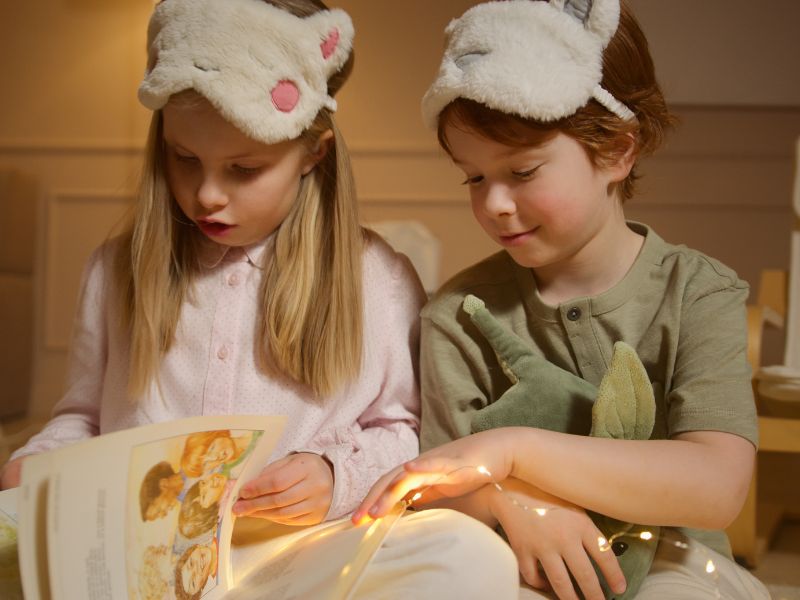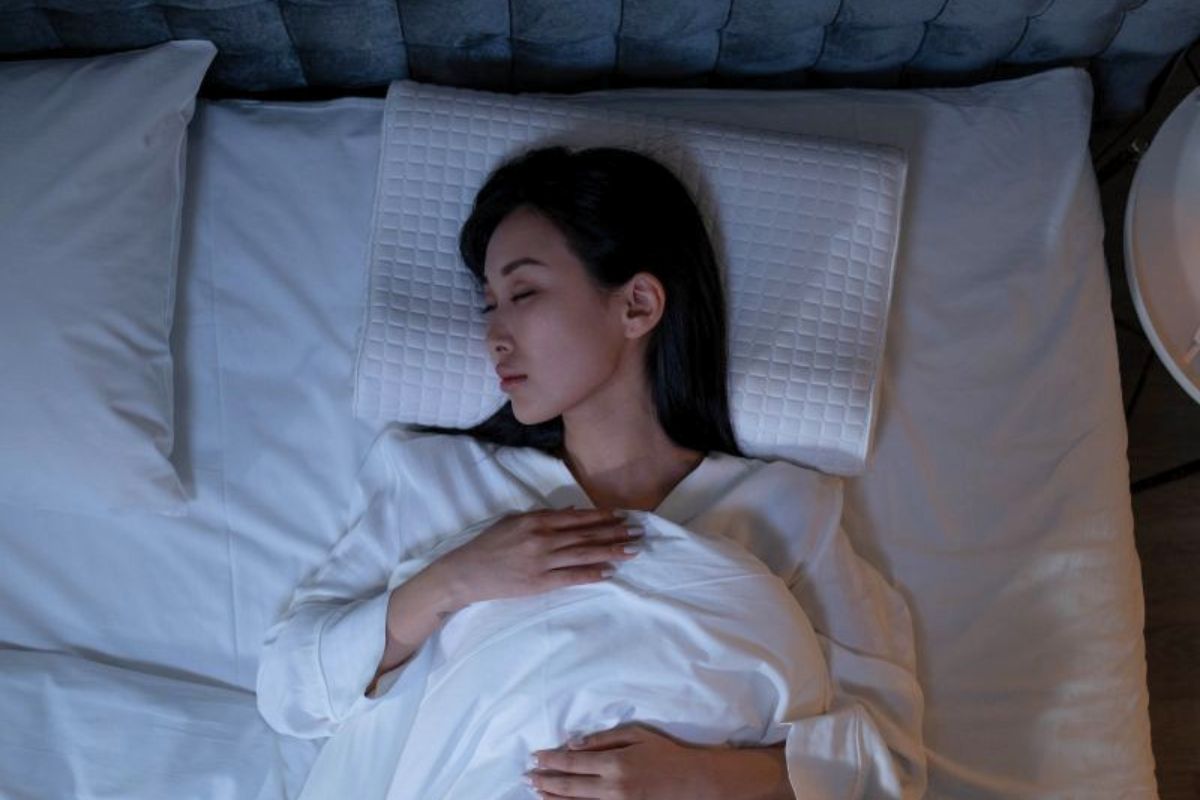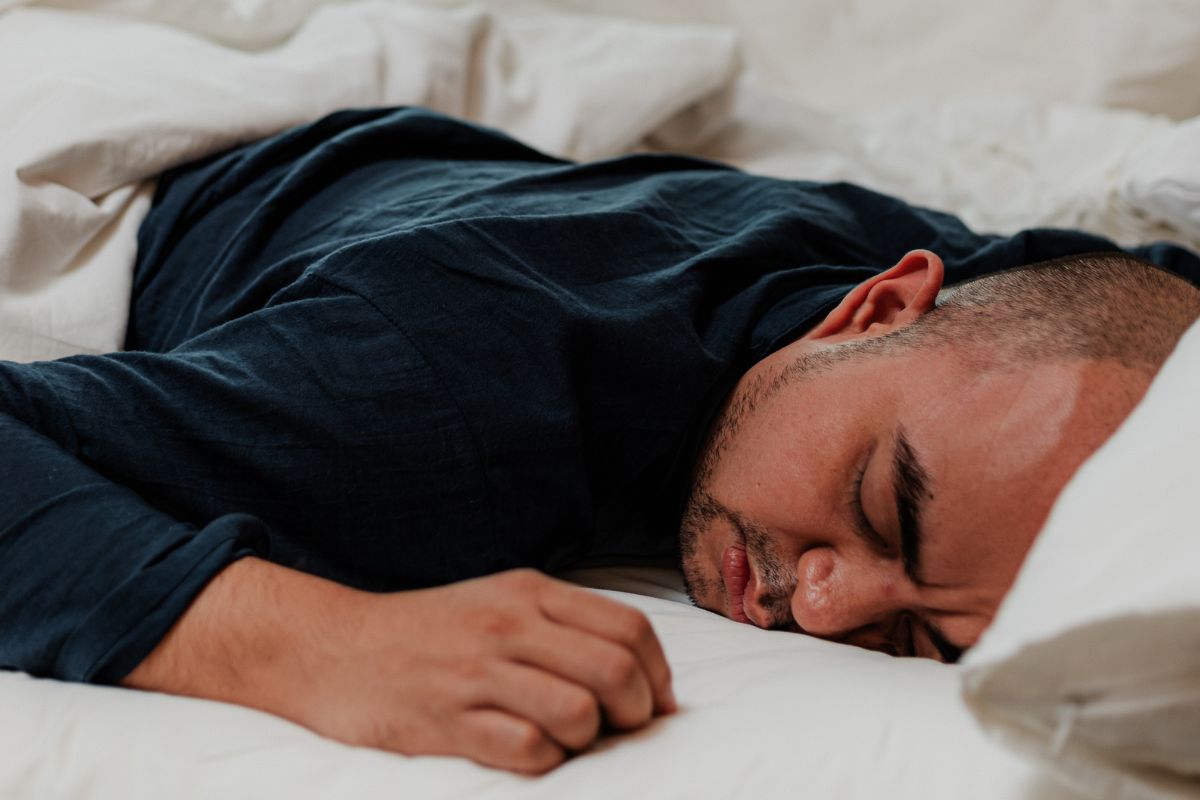Doctors and researchers have studied the benefits of melatonin for children with specific health problems or mental disorders. This article looks at the possible risks and benefits in epilepsy, autism and ADHD.
Melatonin for Children with Epilepsy
Sleep problems are more common in people with epilepsy. The most common use of melatonin supplements is as a sleep aid.
A recent study conducted in Egypt suggests that the supplement may be beneficial for reducing the severity of epileptic seizures. It also helped to improve the quality of the children’s sleep. There was less sleepwalking, less teeth grinding and less sleep apnea. During the day, the kids were less sleepy, which indicates they were sleeping better at night.
Melatonin for Children with Autism
Insomnia is common in autism spectrum disorder (ASD). Studies in 2008, 2009 and 2010 conducted in Switzerland, the US and Italy, have shown that the supplement is a safe and well-tolerated treatment for ASD associated insomnia in people of all ages.
The researchers typically issue a word of caution. As there have been no large scale clinical studies, it cannot be assumed that the supplements are risk-free.
Some researchers are concerned that there could be an increased risk of seizures in ASD patients that are susceptible to them.
The Egyptian study concerning melatonin and children with epilepsy cannot be used to prove that those concerns are unfounded. ASD and epilepsy are not related, although a person can have both disorders

Melatonin for Children with ADHD
ADHD is sometimes accompanied by sleep onset insomnia. The medications used to treat ADHD can contribute to the problem. A 2010 study showed that adults with ADHD and sleep onset insomnia had lower than normal levels of melatonin and that production of the hormone within the body was delayed.
Another study conducted in 2003 focused on the benefits of melatonin for children taking methylphenidate, a stimulant drug frequently used in the treatment of ADHD. Those researchers found that taking the supplement in the late afternoon or evening reduced the amount of time that it took to fall asleep.
The benefits were assessed again after three months to ensure that this was not a short-lived effect. There was no change in effectiveness after that time. But again, there is a warning. There are no studies concerning the safety of long-term use.
Conclusions and Warnings

One of the concerns about melatonin and children has to do with hormonal imbalance, particularly during the prepubescent years. Consuming hormones of any kind can cause the body to produce less of its own.
While the compound is present in some foods in very small amounts, it is not something that we normally consume in large quantities. The 3mg dose commonly sold in drugstores could be too much for a child. The labels on most dietary supplements warn against the use by anyone under the age of 18.
The studies concerning melatonin and children with various health problems may sound promising. But, this is not a supplement that should be given to a child without consulting a doctor.
We usually assume that naturally occurring compounds are safer than synthetic ones. But, many of the natural melatonin supplements on the market are derived from the pineal glands of animals. The hormones could be contaminated with viruses or bacteria. In this instance, the synthetic molecule is likely safer.
The body naturally produces the hormone in response to changes in light.
Decreased production of the hormone, as well as the resulting insomnia, may simply be due to bright artificial lights in the environment.
So, before you consider the use of melatonin for children of your own, consider dimming the lights in the evening. It could provide the same benefit.








